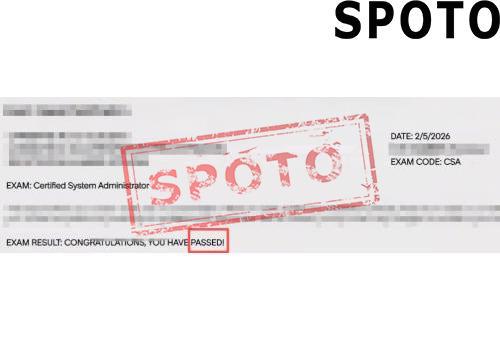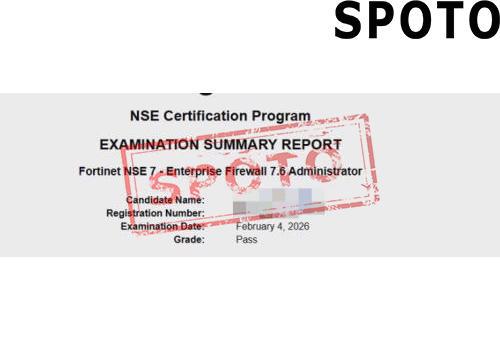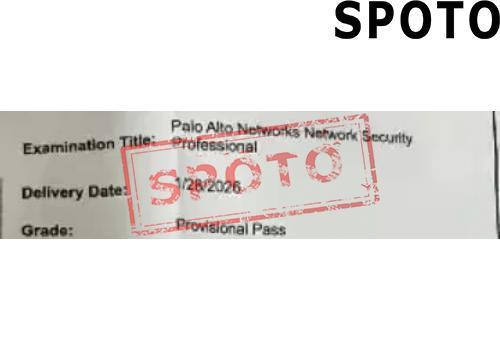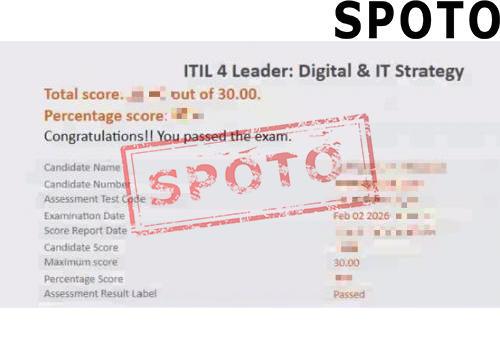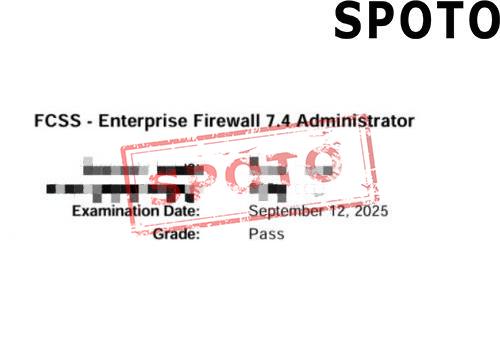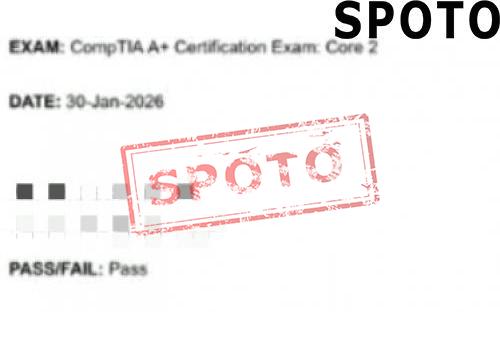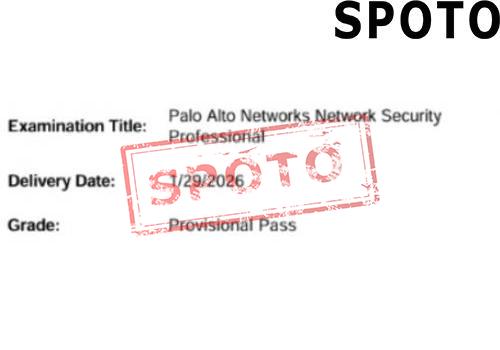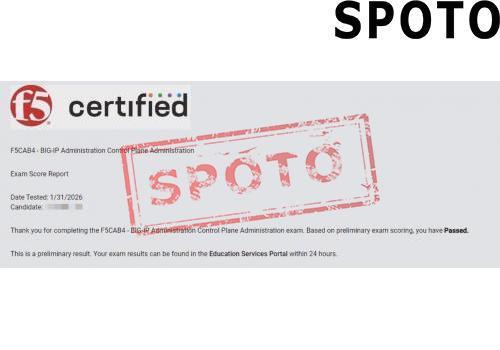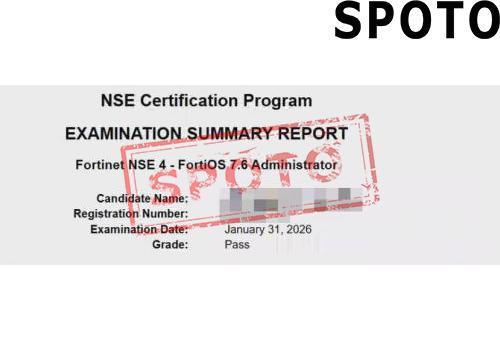
Table of Contents
- 1. Introduction to the OSCP Certified Penetration Tester certification
- 2. Why Earn Your Offensive Security Certified Professional Certification?
- 3. Core Components of the OSCP Certification
- 4. What are the requirements to be an OSCP Certified Penetration Tester?
- 5. Comparable Certifications to Offensive Security Certified Professional certification
OSCP is a top-tier professional certification in the field of network security penetration testing that is dedicated to improving your practical penetration testing skills.
1. Introduction to the OSCP Certified Penetration Tester certification
The Offensive Security Certified Professional (OSCP), a highly challenging and authoritative professional certification in the cybersecurity field, is offered by Offensive Security. It focuses on validating practitioners' practical skills in penetration testing and vulnerability exploitation. Highly recognized within the industry, it is often considered a symbol of high-level expertise in cybersecurity offense and defense.
In the ever-evolving cybersecurity landscape, businesses and organizations urgently need to understand the security vulnerabilities of their network systems and applications so they can effectively strengthen and defend against external attacks. The core purpose of the Offensive Security Certified Professional (OSCP) is to cultivate and certify professionals with exceptional practical skills. Like professional white-hat hackers, they apply their learned penetration testing techniques and tools in scenarios simulating real-world attack environments to deeply identify security vulnerabilities in target systems, successfully exploit them, and maintain access to them.
2. Why Earn Your Offensive Security Certified Professional Certification?
As a renowned professional organization in the cybersecurity field, Offensive Security's Offensive Security Certified Professional (OSCP) certification is highly authoritative and recognized in cybersecurity offense and defense, particularly in penetration testing. Obtaining this certification signifies that the holder has undergone rigorous professional assessment and mastered practical penetration testing skills that meet high industry standards. This makes them highly competitive when applying for highly specialized positions such as penetration testing and network security assessments, making them more attractive to employers.
The OSCP certification focuses on the key niche of network security penetration testing and is a crucial step in transitioning from entry-level and mid-level cybersecurity positions to senior penetration testing specialists, security architects, and other high-level positions. Obtaining the OSCP certification broadens career paths and often significantly increases salary packages.
The process of preparing for and obtaining the certification compels practitioners to fully immerse themselves in the practical aspects of penetration testing. This involves repeated study and intensive practical training across every step, from information collection and vulnerability discovery to exploitation and post-exploitation. This allows practitioners to better address increasingly complex cybersecurity threats and diverse penetration testing scenarios, playing a critical role in ensuring enterprise network security and stable business operations.
The continuing education requirements of the OSCP certification compel holders to continuously monitor industry trends, acquire new knowledge and skills, and stay abreast of industry developments. This ensures their professional competence remains relevant to the ever-changing landscape of cybersecurity penetration testing, such as keeping up with cutting-edge content such as new vulnerability discovery techniques and the latest attack exploitation methods.
3. Core Components of the OSCP Certification
The OSCP certification system builds a core knowledge system for penetration testers, comprehensively covering the entire practical process from information collection to report writing. It's ideal for those interested in pursuing careers in penetration testing, security assessments, and red team operations.
During the exam preparation process, you'll master methods such as target reconnaissance, port scanning, and system enumeration, allowing you to quickly locate penetration points and attack surfaces. You'll also master the integration of automated tools and manual testing to accurately identify high-risk vulnerabilities and implement attacks and containment using platforms like Metasploit.
Secondly, you'll learn how to escalate privileges within a system and establish covert control channels, achieving persistent access and lateral movement. You'll master techniques for lateral expansion within a network, extracting critical data, and erasing traces.
Finally, this process will help you develop the ability to write standardized penetration reports, clearly present findings and risks, provide remediation recommendations, and effectively communicate with clients.
4. What are the requirements to be an OSCP Certified Penetration Tester?
(1) Qualification prerequisites:
Offensive Security recommends that candidates possess a solid foundation in network security knowledge, including familiarity with common network protocols, operating systems, and basic network security concepts. This foundational knowledge will help them better understand and apply the advanced penetration testing knowledge and skills required for the OSCP exam.
While Offensive Security doesn't require relevant work experience, some practical experience in network security, such as simple network security testing and vulnerability scanning, will be beneficial for exam preparation and performance. The OSCP exam emphasizes practical application, and this experience provides a more intuitive understanding of the real-world application and challenges of penetration testing.
(2) Training and examinations:
Offensive Security officially recommends that candidates possess a solid foundation in network security knowledge, including familiarity with common network protocols, operating systems, and basic network security concepts. This foundational knowledge will help them better understand and apply the advanced penetration testing knowledge and skills covered in the OSCP.
According to the official standards set by Offensive Security, candidates must meet certain assessment requirements to pass the exam. These typically require successful discovery and exploitation of multiple different types of vulnerabilities during penetration testing, as well as tasks such as privilege escalation and persistence. The report must be accurate and complete, clearly demonstrating the entire testing process and results, demonstrating the ability to independently conduct practical penetration testing.
Exam fees may vary slightly between countries and regions, generally around US$1,199, making it one of the more expensive professional certifications.
(3) Qualification maintenance:
The OSCP certificate is valid for 3 years. In order to maintain the validity of the certificate, you need to accumulate a certain number of credits by participating in continuing education activities officially recognized by Offensive Security during the validity period.
5. Comparable Certifications to Offensive Security Certified Professional certification
- GIAC Certified Penetration Tester (GPEN)
- EC-Council Certified Ethical Hacker (CEH)
- CompTIA Penetration Tester (PT0-001)
- SANS GIAC Certified Web Application Penetration Tester (GWAPT)
- ISACA Certified Information Security Manager (CISM)
